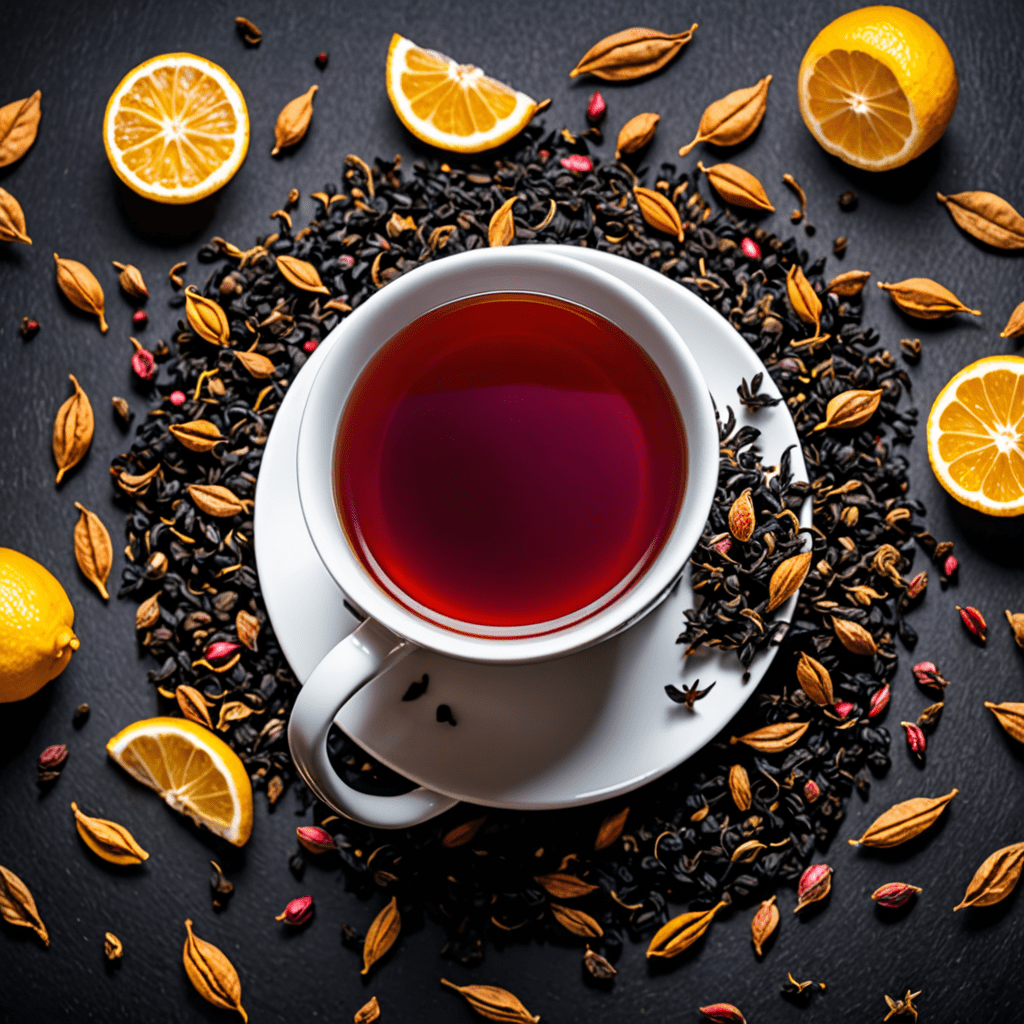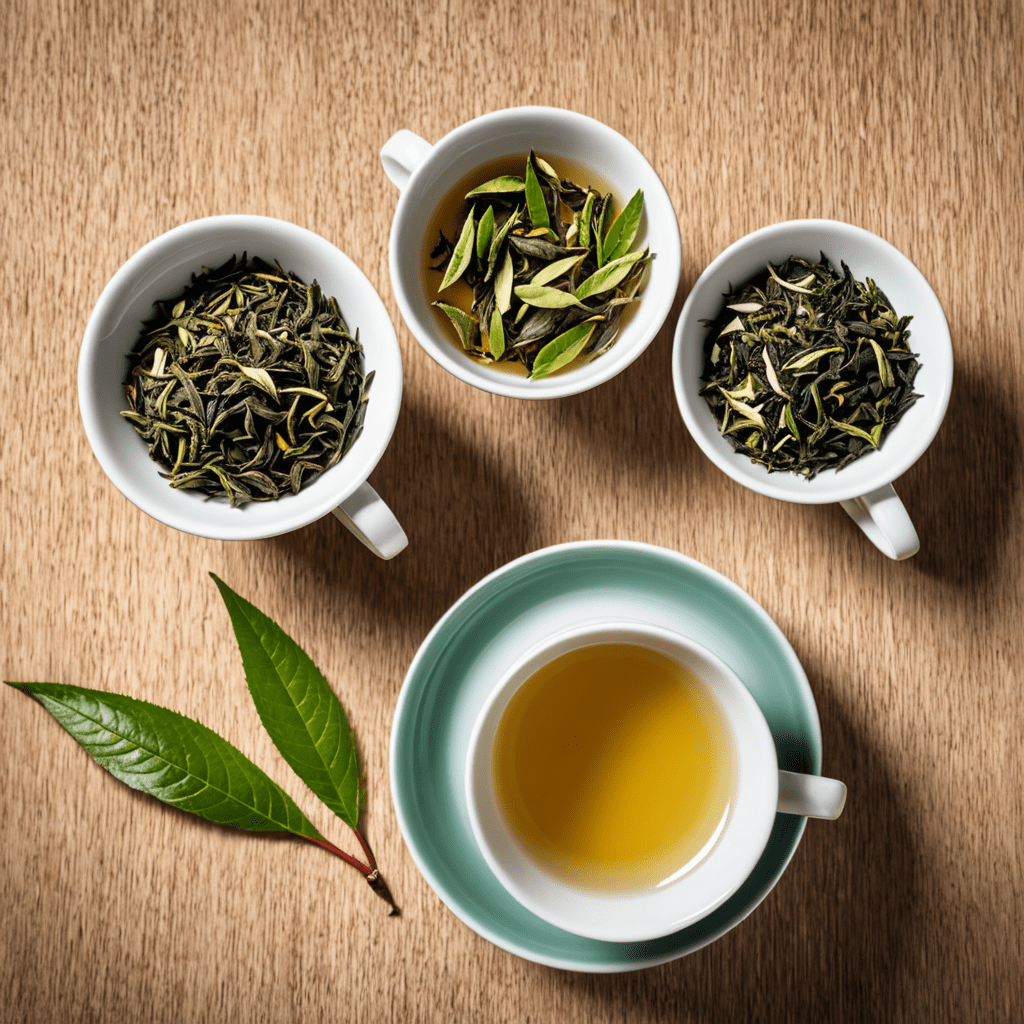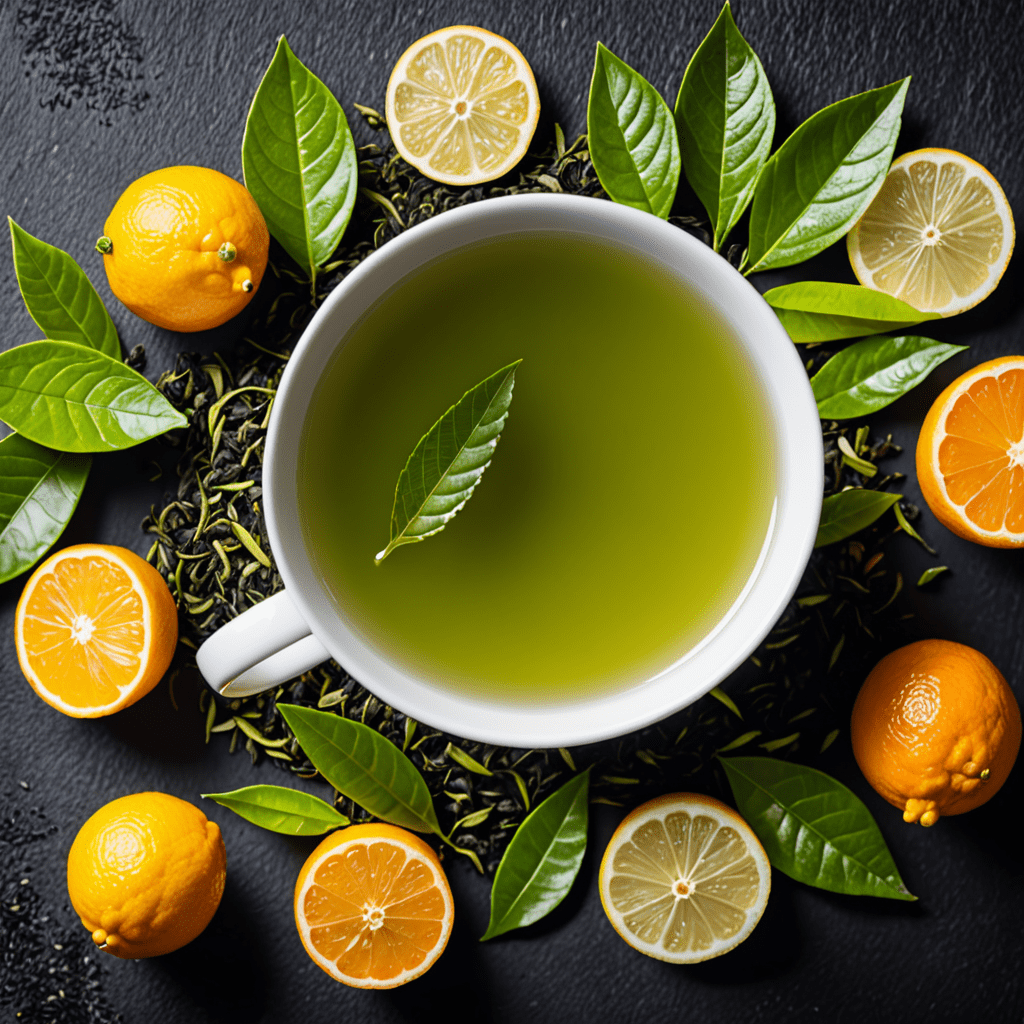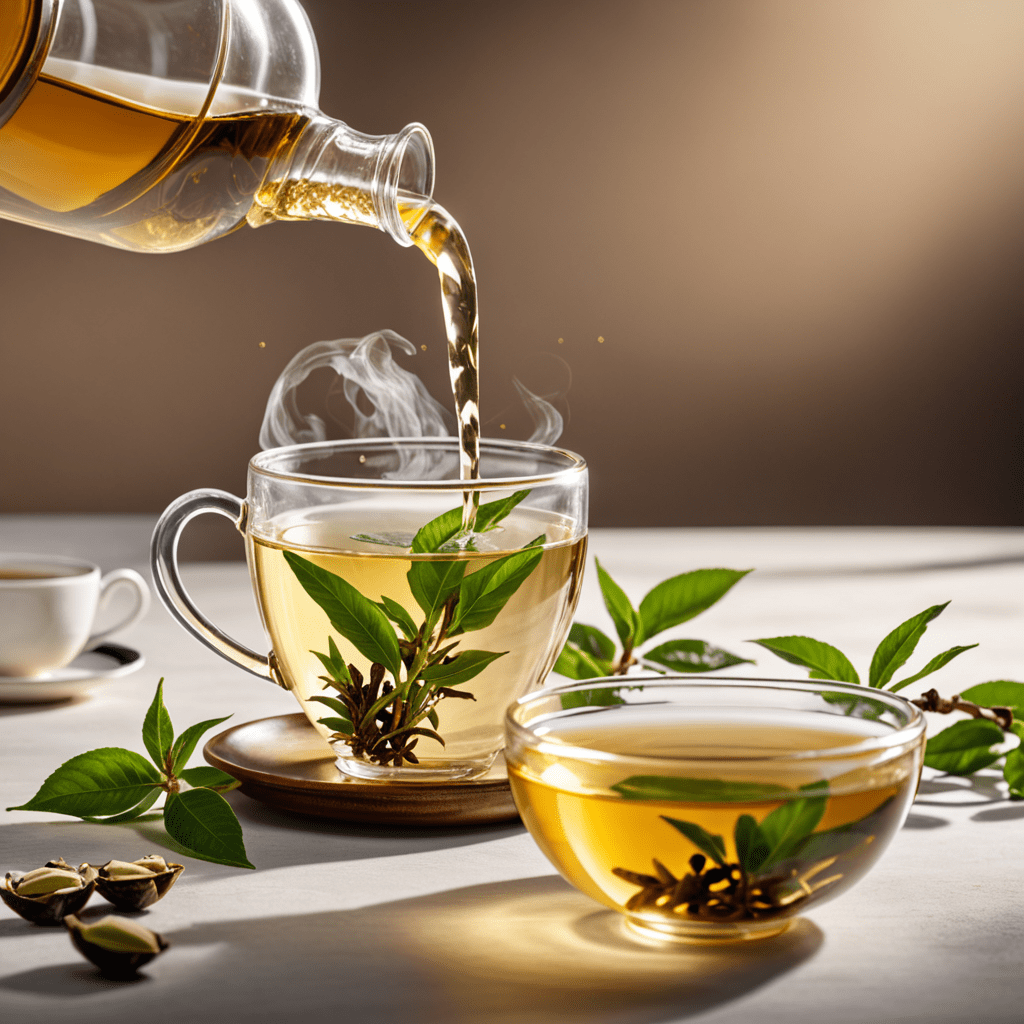
Exploring the Shelf Life of Black Tea:
Unveiling Its Longevity and Freshness
Introduction
Black tea is a popular beverage enjoyed by tea enthusiasts all around the world. However, like any other food or drink, its freshness and shelf life can be a concern. In this article, we will delve into the topic of how long black tea remains good and explore factors that may affect its quality over time.
Understanding the Shelf Life
Black tea, when properly stored, can have a reasonably long shelf life. The exact duration varies depending on several factors, including the type of black tea, packaging, storage conditions, and processing methods. Let’s delve deeper into each of these aspects.
Type of Black Tea
Different types of black tea have varying shelf lives. Generally, whole-leaf black teas have a longer shelf life compared to broken-leaf or dust black teas. Whole-leaf teas retain their freshness for a longer period due to reduced exposure to air and moisture.
Packaging
The packaging of black tea plays a crucial role in preserving its quality. Tea leaves should be stored in airtight containers or resealable bags to minimize exposure to moisture, light, and air. Proper packaging can effectively prolong the shelf life of black tea.
Storage Conditions
The way black tea is stored greatly affects its longevity. To maintain its freshness, black tea should be stored in a cool, dry, and dark place. Exposure to heat, humidity, and sunlight can accelerate the deterioration of tea leaves, resulting in a shorter shelf life.
Processing Methods
The way black tea is processed also impacts its shelf life. Fully oxidized teas, such as Assam and Ceylon, tend to have a longer shelf life compared to partially oxidized teas like Darjeeling. The oxidation process helps to stabilize the tea leaves, making them last longer.
Factors Affecting Freshness
While black tea can have a good shelf life, certain factors can affect its freshness. Here are a few key elements to consider:
Exposure to Air
When black tea leaves come in contact with air, they start to oxidize, which can gradually impact their flavor and aroma. Therefore, minimizing air exposure is essential to maintaining the freshness of black tea.
Moisture Content
Excessive moisture can lead to the growth of mold and bacteria in black tea leaves. It is crucial to store black tea in a moisture-free environment to prevent the degradation of its quality.
Contamination
If black tea comes into contact with other odorous substances or contaminants, such as strong-smelling spices or chemicals, it may absorb those flavors, leading to an altered taste and decrease in freshness.
FAQ:
Q: Does black tea ever go bad?
A: While black tea does not necessarily go bad, it can lose its freshness and flavor over time. Proper storage and consumption within a reasonable timeframe can ensure the best taste and quality.
Q: How long can black tea be stored before it starts losing its freshness?
A: Black tea can be stored for 1 to 2 years while still maintaining its freshness. After this period, the quality and flavor may gradually decline. However, it is important to note that some high-quality black teas can retain their freshness for longer durations.
Q: How can I tell if my black tea has gone bad?
A: If black tea has gone bad, it will typically have a stale or musty smell. The tea leaves may also appear discolored or have an off-putting taste. In such cases, it is best to dispose of the tea to avoid any potential health risks.


